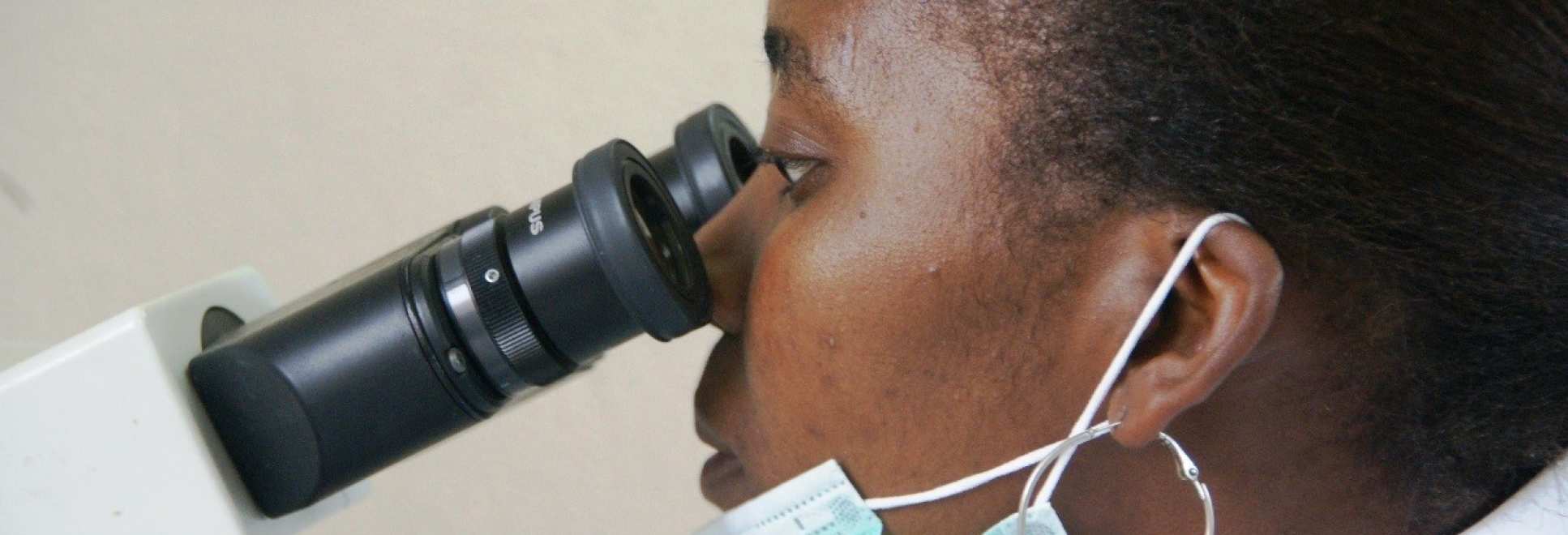
Project information
The dynamics of malaria are determined by the underlying biology of the parasite in the human host and mosquito vector. Much remains unknown about the processes governing parasite transmission and persistence limiting the accuracy of mathematical models to recreate the life-cycle and potentially hindering prediction of the effectiveness of control interventions. Using a variety of tailor-made statistical and mathematical models we are investigating various aspects of parasite and mosquito biology that may improve disease surveillance and control. These include understanding the methods to assess the age of mosquito populations in the wild and understanding the way mosquitoes behave in the presence or absence of vector interventions.
We are also concerned at the arrival of Anopheles stephensi into Africa from Asia. This raises the possibility of increased malaria transmission which has been recorded in Djibouti since the discovery of this species. This could cause huge additional burden in urban environments which have traditionally had lower malaria cases because of the association of the primary vectors for malaria in Africa with rural settings.
Recent publications
Charles Whittaker, Peter Winskill, Marianne Sinka, Samuel Pironon, Claire Massey, Daniel J Weiss, Michele Nguyen, Peter W Gething, Ashwani Kumar, Azra Ghani & Samir Bhatt. "A novel statistical framework for exploring the population dynamics and seasonality of mosquito populations." Proceedings of the Royal Society B - Biological Sciences (2022).
Shah H, Murray K, Hamlet A, Carrasco LRet al., 2022, Exploring agricultural land-use and childhood malaria associations in sub-Saharan Africa, Scientific Reports, Vol: 12, ISSN: 2045-2322
Hamlet A, Dengela D, Tongren JE, Tadesse FG, Bousema T, Sinka M, Seyoum A, Irish SR, Armistead JS, Churcher T, 2022, The potential impact of Anopheles stephensi establishment on the transmission of Plasmodium falciparum in Ethiopia and prospective control measures, BMC Medicine, ISSN: 1741-7015
Guglielmo et al 2021. Quantifying individual variability in exposure risk to mosquito bites in the Cascades region, Burkina Faso. Malar J 20, 44 (2021).
Stopard IJ, Churcher TS, Lambert B. Estimating the extrinsic incubation period of malaria using a mechanistic model of sporogony. PLoS Comput Biol. 2021 Feb 16;17(2):e1008658. doi: 10.1371/journal.pcbi.1008658. PMID: 33591963; PMCID: PMC7909686.
Sherrard-Smith et al. 2019. Mosquito feeding behavior and how it influences residual malaria transmission across Africa. PNAS July 23, 2019 116 (30) 15086-15095.
Churcher TS, Sinden RE, Edwards NJ, Poulton ID, Rampling TW, Brock PM, Griffin JT, Upton LM, Zakutansky SE, Sala KA, Angrisano F, Hill AV, Blagborough AMet al., 2017, Probability of Transmission of Malaria from Mosquito to Human Is Regulated by Mosquito Parasite Density in Naïve and Vaccinated Hosts., PLoS Pathog, Vol: 13 Publisher's link.
Churcher TS, Trape J-F, Cohuet A, 2015, Human-to-mosquito transmission efficiency increases as malaria is controlled, NATURECOMMUNICATIONS, Vol: 6, ISSN: 2041-1723 Publisher's link.